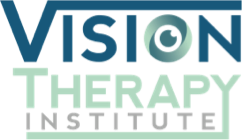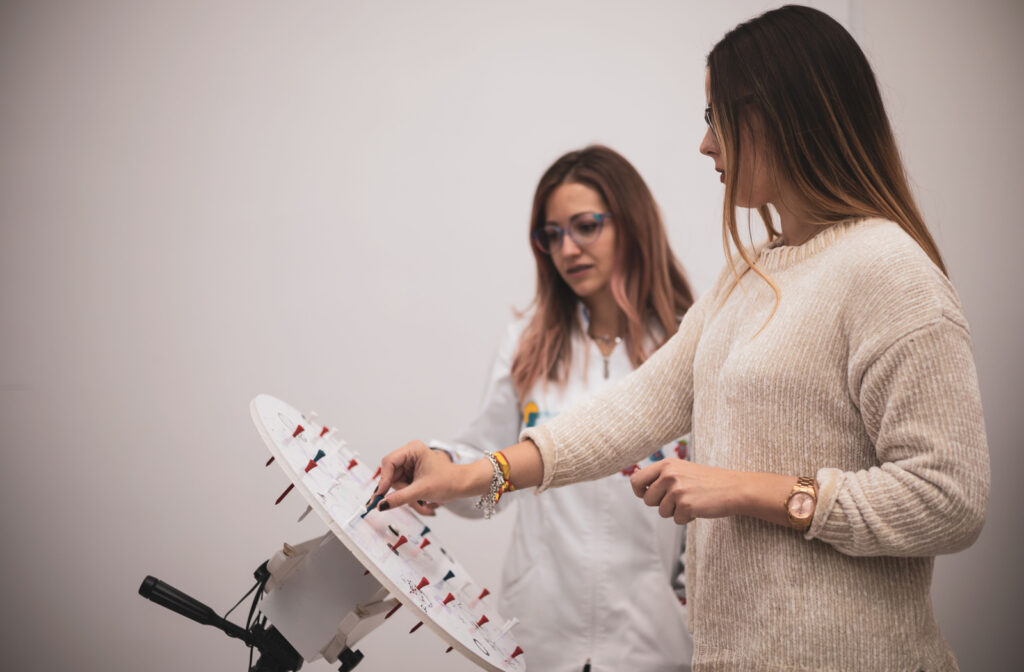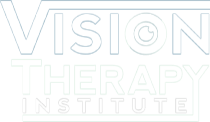Vision Therapy is a specialized form of visual rehabilitation treatment used to treat vision disorders and conditions.
Traditional vision and eye care insurance plans typically do not cover the cost of vision therapy treatments. Fortunately, some major medical insurers may provide partial coverage for these types of services if you submit a claim for reimbursement.
We recommend discussing all available options with both your provider and optometrist to determine what works best for you or a family member who could benefit from such treatment.
How To Find Out if Your Medical Insurance Covers Vision Therapy?
If you are considering vision therapy for yourself or a loved one but are concerned about the cost, there are steps you can take to increase the chances of getting coverage from your insurance provider.
Review Your Insurance Policy
The first step is to carefully review your insurance policy and see what it covers. Some policies may have specific exclusions for vision therapy, while others may offer limited coverage. Knowing what your policy covers can help you plan for any potential out-of-pocket expenses.
Explore Other Options
If your insurance provider does not cover vision therapy or only covers a portion, explore other options, such as flexible spending accounts, Care Credit, Sunbit or payment plans offered by your optometrist’s office.
How Much Does Vision Therapy Cost?
The length of a vision therapy program can vary depending on the individual’s needs, the individual’s goals, the frequency and the duration of sessions. One, 60-minute session at Vision Therapy Institute is $150 dollars. At your vision therapy evaluation, your doctor will go over the number of recommended sessions, administrative costs and create a customized treatment plan.
What Does Vision Therapy Involve?
Vision therapy typically involves a series of customized exercises and activities designed to improve visual skills such as eye tracking, focusing, and convergence. These exercises will be done in-office with a trained vision therapist. The duration and frequency of vision therapy sessions will vary depending on the individual’s needs.
During vision therapy, the therapist may also use various tools and equipment, such as prisms, lenses, and filters, to help strengthen and improve visual skills. Vision therapy may also include activities that incorporate hand-eye coordination and balance to further enhance visual abilities. The ultimate goal of vision therapy is to help the brain and eyes work together more effectively, improving overall visual function.
Benefits of Vision Therapy

There are many benefits to undergoing vision therapy. These include:
- Improved Visual Acuity: By targeting specific visual skills, vision therapy can help improve visual acuity and clarity. This can lead to better reading abilities, improved depth perception, and enhanced overall vision.
- Enhanced Visual Comfort: Vision therapy can help alleviate eye strain, headaches, and other symptoms of visual discomfort by training the eyes to work together more efficiently.
- Better Academic & Athletic Performance: Improved visual skills can lead to enhanced academic and athletic performance, as well as improved overall coordination and balance.
- Treatment for Visual Conditions: Vision therapy is a noninvasive treatment option for various visual conditions such as amblyopia (lazy eye), strabismus (eye turn), and convergence insufficiency. It can also be used to manage symptoms of conditions like dizziness, vertigo, myopia (nearsightedness) dyslexia and ADD/ADHD.
- Customized Treatment Plans: Each individual’s visual needs and goals are unique, therefore vision therapy treatments are tailored to each specific case. This personalized approach allows for more effective treatment outcomes.
- Noninvasive: Unlike surgery, vision therapy is a noninvasive option. It involves the use of various visual exercises and activities to improve visual skills.
- Suitable for All Ages: Vision therapy can be beneficial for individuals of all ages, from young children to adults. It can also be helpful for those who have suffered brain injuries or strokes that have impacted their vision.
Experience the Benefits of Vision Therapy with the Vision Therapy Institute
If you still have any questions or would like to learn more about vision therapy, feel free to reach out to the Vision Therapy Institute.
Our friendly team is here to provide information and guidance on the benefits of vision therapy and assist you in finding the ideal treatment plan for your needs. We work with a range of insurance plans and are happy to accommodate financial plans to best support your treatments.
Investing in vision therapy now can lead to lifelong improvements in visual function and overall quality of life. Let’s talk about how we can help.





